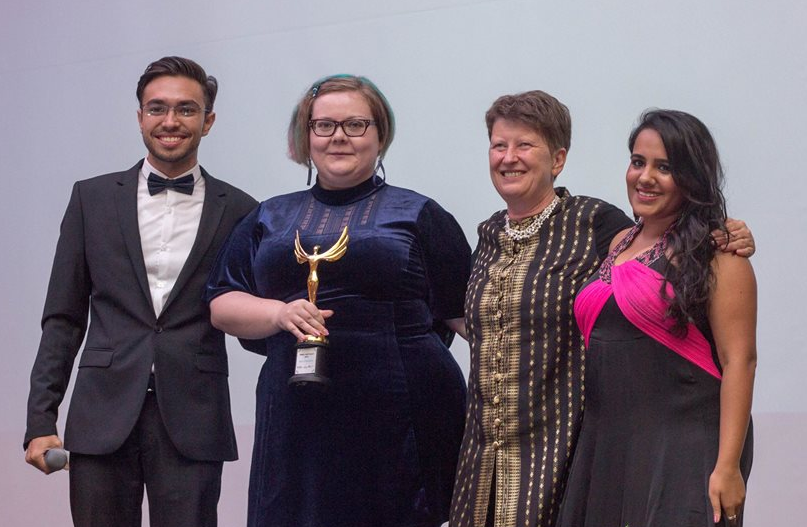
May 17, 2016, by Lisa Chin
I will let you into a little secret – I love being a supervisor!
This post is written by Dr Jessica Price, Assistant Professor, School of Psychology.
The best part of my job is being a supervisor and I have been very lucky with the students I have supervised so far. For each of my postgraduate students, I sat them down and told them my expectations of what the supervision process would be like and asked them what they expected from it process at the very start. I like to set basic ground rules and then build a relationship up from there. I usually try to devote an hour a week just to them – it is their hour of my time that is solely theirs to use and I make sure I keep it safe from any other distractions/meetings. I have an open door policy so if they just have small queries; they can just pop in for a quick chat if I am free.
I was very lucky to have a supervisor who always encouraged me but I was always too scared to admit to him when I didn’t understand something. During the start of a PhD or a final year project, I don’t expect students to understand everything and I much prefer it if they just admit they don’t know something rather than struggle. I see my role more as a facilitator – I am not here to tell you what to do but to guide you in the right direction, but if you are really struggling then I will catch you. Sometimes just going through a journal article together helps the student to start to get to grips with previous research and gives us an insight as a supervisor of what their level of understanding is and how we can help them. It is so easy to forget that a student doesn’t necessarily have the same level of understanding, especially at the start of their PhD. I always tell my students that in their PhD/final year project, what do you think you should do next. If they don’t know, then we work it through together until they are comfortable working on it themselves. I love it when they take ownership of their project and start telling me the direction they want to take – backed up by literature and strong research questions of course!
Sometimes it is difficult being a supervisor, two years ago I really doubted myself and I felt I was letting my students down whereas now I feel more confident in my abilities. Keeping track of what their progress is can be very tricky during semester time when I have a full teaching load. I also sometimes need to be reminded about what the design of their study is and what they have found. I have been known to get my student’s data mixed up. Setting agenda and getting them to write up the outcomes of supervision meetings makes life so much easier – for both them and me. I usually summarise the main points at the end of a meeting and set timelines for when certain tasks should be completed and in what order. I think I have learned over the years how to be a good trouble-shooter and also to anticipate what problems might arise and how to solve them. I generally have plan A, then plan B and sometimes even a plan G, it may be a slow process but it all (mostly) works out in the end.
I feel I have probably learnt more from students than they have from me. I have learnt that the supervision process is not a one size fits all approach, some students need more support than others, some are fairly self-reliant from the very get-go and some just need me to point them in the right direction once in a while. On a final note, to the person or persons who nominated and voted for me for the Best Supervisor Staff Oscar – I am extremely grateful and honoured; I must be doing something right!

really hope that you were my supervisor.